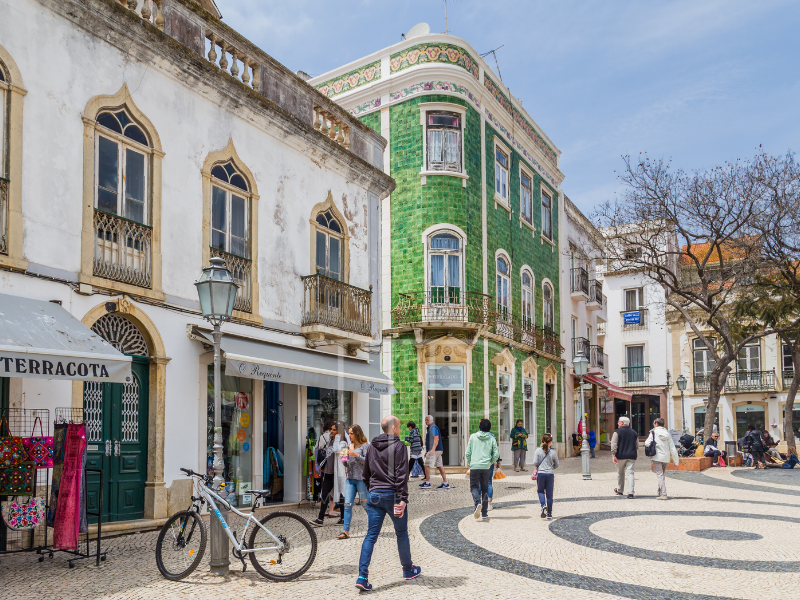The Portuguese government wants to stop the exodus of the young population by reducing taxes. Highly qualified people in particular see no future for themselves in their home country.
The whole world is flocking to Portugal. The small country in south-western Europe is more popular than ever with digital nomads, tourists and retirees. But at the same time, a dangerous exodus continues. Now the conservative minority government wants to put the brakes on the brain drain and ageing population with its new budget: massive tax breaks are intended to dissuade young Portuguese from turning their backs on their homeland: Rents and real estate prices have become unaffordable. With their low salaries, many can barely afford to live in their own country.
The government therefore wants to completely waive income tax for them in their first year of employment. The tax burden is to increase gradually over a period of ten years. According to the draft budget, all Portuguese under the age of 35 with an annual income of up to EUR 28,000 will be exempt from paying one hundred percent tax in their first year of employment. Currently, Portuguese earning the average salary of just under 20,000 euros have to pay a tax rate of 26 percent.
Attractive for doctors and nursing staff
The new regulation should also apply to foreigners. According to its own estimates, it would cost the government 645 million euros next year. Up to 400,000 young people could benefit from the relief – if the minority government finds a majority for its budget by the end of the month.
However, the plan, which the Socialist Party (PS), which governed until the spring, was already working on, has come late. According to the “Migration Observatory” of the CIES-Iscte research center in Lisbon, a quarter of all Portuguese between the ages of 18 and 39 live abroad. According to surveys, around a third of the younger generations are considering a future outside Portugal. Until Brexit, most of them were drawn to the UK, partly due to their good command of English.
Today, the country is still attractive for doctors and nursing staff, who are leaving Portugal in droves due to the poor working conditions. According to the Observatory’s figures, the Netherlands is now taking over from Britain; more highly qualified Portuguese are also settling in the Scandinavian countries. This also applies to Switzerland, while Germany remains in fifth place among the destination countries. Many Portuguese guest workers moved there decades ago; almost 120,000 Portuguese live in Germany.
Birth rate at historic low
After the turn of the millennium, the major economic and financial crisis led to a further increase in emigration. “On average, 70,000 Portuguese have left the country every year since 2000,” says sociologist Rui Pena Pires of the F.A.Z. He is the scientific coordinator of the Migration Observatory. In some years there have been up to 120,000 – a large number for a small country with just over ten million inhabitants. Although 20,000 return each year, the migration balance among the Portuguese remains negative, says the professor. This loss of young generations is also contributing to the ageing of the Portuguese population. The birth rate has reached an all-time low. According to the Observatory, a fifth of children born to Portuguese parents were recently born abroad.
The outflow of skilled workers from Portugal can be reversed
Labour market information: Portugal

